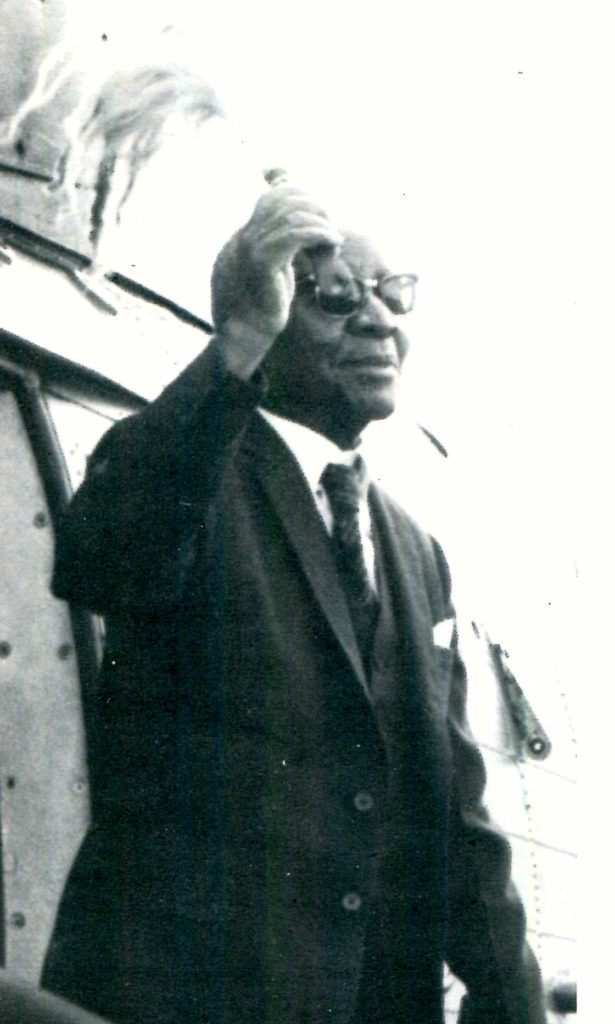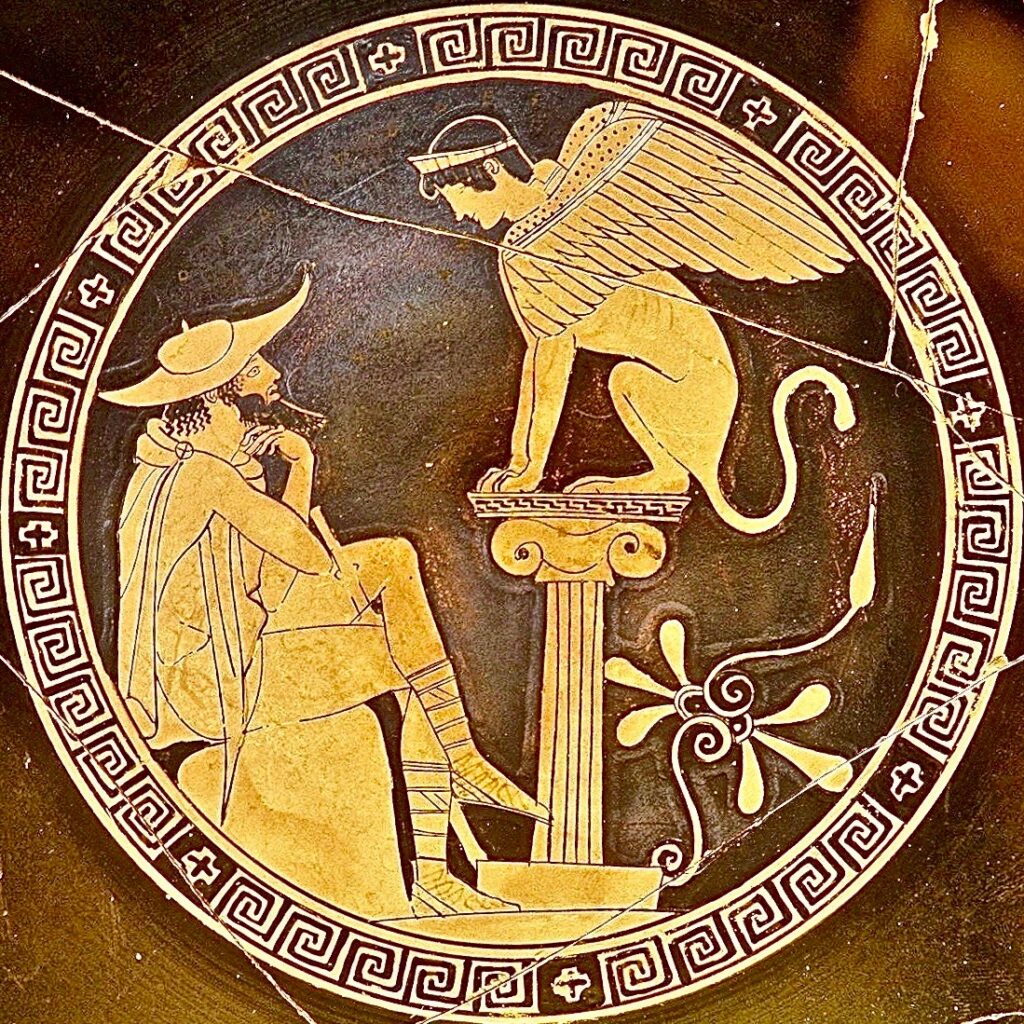As Pliny, the Roman Historian, famously said, 'Ex Africa semper aliquid novi', or 'There is always something new from Africa.' Certainly, the Kamuzu Academy is not alone in fostering the study of the Greek and Latin Classics in Africa: there is, for example, a flourishing Classics Faculty at Chancellor’s College, University of Malawi, which counts among its lecturers former members of the Classics Department of the Academy (both masters and pupils), and Latin was until recently an examinable subject for the MSCE; and there is, moreover, a strong Classical tradition both in South Africa and in other sub-Saharan African countries, such as Zambia, Zimbabwe and the Congo. However, it may fairly be asked exactly what place the Ngwazi saw for the study of the Classics in the modern state of Malawi.
To an extent greater than many realise, the Classics are indigenous to Africa: the North African littoral lay within the cultural sphere of both Greek and Roman civilisations, so that Alexandria, in Egypt, boasted one of the greatest libraries of Antiquity and St. Augustine, one of the greatest Latin writers of late Antiquity and almost the inventor of autobiography, was a native of what is now Algeria. It is just possible that Lake Malawi was known, at least by report, to Greek explorers.
It is also true that a Classical education, just as in Thomas Gaisford's day, provides a sure foundation for many professions: Commerce and the Law, the Church and, of course, the Academic life, in all its many disciplines. The precise habit of thought and the humanity of the Classic have allowed him (or her) to demonstrate the enduring worth of a Classical education to all ages.
For a rising country, such as Malawi, it is, perhaps, natural to look to the future and to be concerned for 'progress'. However, as the. Ngwazi was well aware, there can be no true and meaningful development without awareness of the past. The true significance of the study of the Greek and Latin Classics is broader than the considerations of geography and self-interest aforementioned and extends even beyond Malawi's colonial inheritance. For the Classics are part of Man’s universal inheritance – and for any man to deny them is to deny his own history. As William Shakespeare, another frustrated Classic who lamented his 'small Latin and less Greek', expressed the matter so eloquently:

Sure, he that made us with such large discourse,
Looking before and after, gave us not
That capability and godlike reason
To fust in us unused.
The Classics belong to Africa just as much to Europe. They should be studied for their own sake, which allows us to conclude this short summary of the place of the Classics at the Kamuzu Academy with the words of a Malawian proverb. They are, perhaps, particularly appropriate to the Academy which the Ngwazi built alongside the Kachere Tree, where he himself learned his first letters and embarked upon a lifetime of learning: 'Mtengo wopanda tsinde mudaupenya?' or 'Did you ever see a tree without a stem?'
